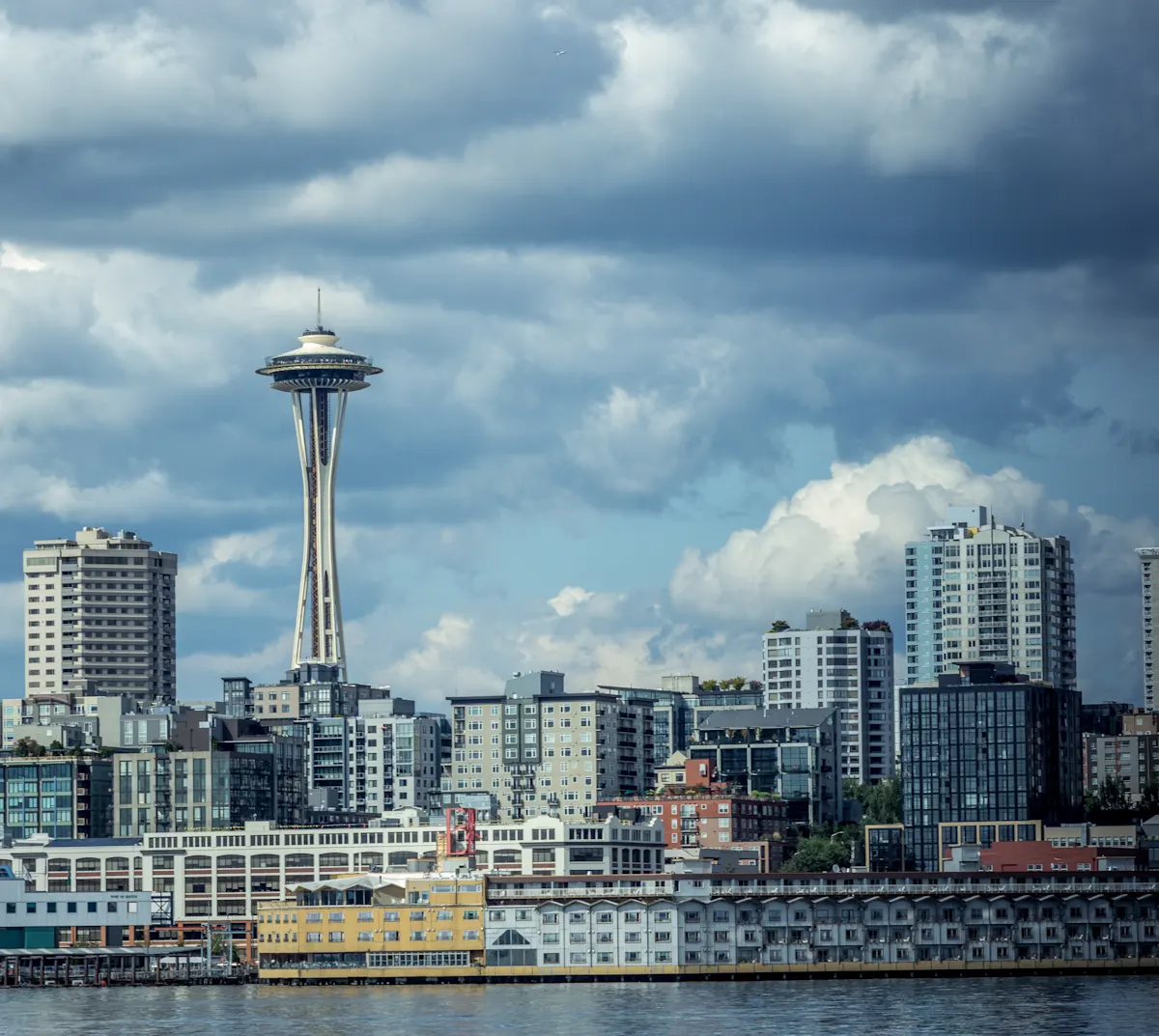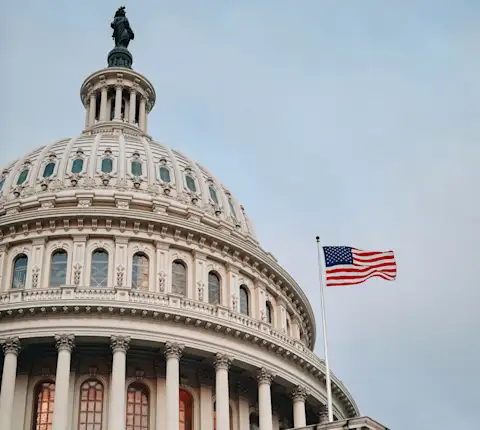This year, Seattle implemented an extreme minimum pay law for app-based workers, including Dashers. After more than six months, the law continues to fail to deliver promised benefits for Dashers, all while raising costs for consumers and harming Seattle’s restaurants and small businesses. We discuss the impacts to Dashers below and compare the experience of these users with a nearby, comparable market – Portland.
Seattle’s Ill-Considered App-Based Worker Minimum Pay Ordinance
In January, Seattle implemented its untested App-Based Worker Minimum Pay ordinance imposing numerous new regulations on platforms like DoorDash. Most notably, the new law requires that Dashers and other app-based workers earn at least $26.40 per hour on delivery before tips, plus $0.74 per mile. This amount far exceeds the city’s minimum wage of $19.97 per hour. The city moved forward with this change despite countless community advocates, small business owners, Dashers, and consumers warning that the law would make delivery prohibitively expensive and result in unintended negative impacts.
To help offset significantly increased operating costs under the ordinance, DoorDash implemented a $4.99 regulatory response fee when the law went into effect. Even with this fee, we continued to lose money in the market due to costs stemming from the ordinance. As a result, we announced additional pricing increases in August for certain deliveries that are some of the most costly to facilitate.
Many Consumers Were Priced Out of Delivery Options, Leaving Less Work for Dashers
On average, between February and June, the increased costs from the ordinance have resulted in consumer fees in Seattle that are 93% higher per order than in Portland. As a result, over the same period, consumers in Seattle have placed an estimated nearly 900,000 fewer orders on the DoorDash Marketplace than they otherwise would have had the market remained unchanged. Projecting this same drop-off in orders over the course of a year, we’d anticipate a loss of more than 2.3 million orders (up from the 1.7 million we predicted earlier this year).
Fewer orders mean fewer deliveries for a Dasher to fulfill. The chart below demonstrates the decline in delivery offers in Seattle since the ordinance went into effect. Notably, under the minimum pay law, Dashers have fewer work opportunities in the city on an average day than they did on either Thanksgiving or Christmas day in 2023, historically the lowest volume periods of the year.

Less Work Means More Wait Time
Despite the earnings guarantee set by the current law, it has become increasingly difficult for Dashers in Seattle to receive enough delivery offers, limiting their earning potential. The loss in order volume has stretched the wait time between offers to more than three times what it was before while in Portland, the wait time has remained unchanged:

And we know Dashers are taking notice. In August, we surveyed Dashers in Seattle and Portland to understand how their experience had changed. In Seattle, 75% of Dashers agreed that the new pay law had caused the wait time between offers to increase and 61% agreed that it had reduced their flexibility in choosing when and where to dash. In fact, when asked about their dashing experience in the past month, Seattle Dashers lagged behind Portland Dashers in a range of factors, including hitting their earnings targets:

Longer Wait Times Means Reduced Earnings Per Time Spent on the App
The data shows that Seattle Dashers experienced a decline in earnings per hour while on the app. Over May and June, the average hourly earnings for all time spent on the app was 13% lower than it had been in the 6 weeks before the pay ordinance went into effect.

This explains why Dashers who reported dashing on the platform before the pay law said that they switched up their earnings strategies. Almost three-quarters of Dashers who had dashed prior to the earnings standard said that since the new pay law went into effect, they had looked for other supplemental earnings opportunities and nearly two-thirds (63%) had needed to dash more hours to maintain their earnings from dashing.

The data could not be more clear: this law is simply not working for Seattle Dashers.


